Who is Anthony Comstock? And How Is He Fucking Up Your Life
Who is Anthony Comstock and Why Should You Care
Big Brother in the Bedroom: The Comstock Act Returns
If you knew how the Comstock Act has been used to police and suppress both freedom of speech and people’s private lives, including their intimate lives, you would be shocked. Read on.
Anthony Comstock was a 19th-century Civil War veteran who became obsessed with sex, pornography, and even his own masturbation habits, which disturbed him, so he went on a crusade to rid the world of these “vices.”
This is the first of many peculiar events you will read about in this article. Much like many individuals we know or have heard of—politicians, business leaders, community leaders, religious figures, and influencers of all kinds—who have their own flaws, but they choose not to get rid of these shortcomings. Instead, they embark on a crusade to eradicate these flaws in others.Comstock believed that illicit sex was destroying the nation. He found wealthy patrons in the YMCA, which was backed by New York millionaires, and set out to transform the meaning of obscenity in New York before taking the crusade nationally. In many ways, we’re still living with the legacy of that crusade today. 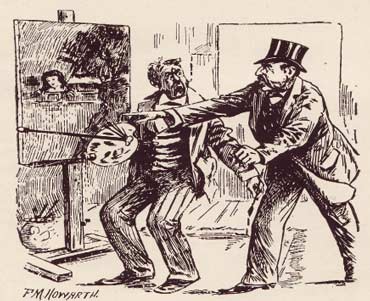
One of Comstock’s backers from that time was Samuel Colgate of Colgate toothpaste, who marketed Vaseline as a contraceptive. while funding Comstock’s obscenity campaign. (Note Well, Vaseline is not a contraceptive—do not try it!), There was a lot of hypocrisy among the wealthy involved in this campaign, which is not so unusual in this day and age either.
the 1873 Comstock Act was an anti-vice law that criminalized transmitting any obscene literature and articles of immoral use via U.S. mail, including items designed for the prevention of conception or the procuring of abortion. Due to its very loose wording, It morphed into something a lot more disturbing and intrusive. However, until recently, the law had been relegated to the dustbin of history although not stricken out. But some ultra right-wing lawyers and judges, are now trying to revive it, and their efforts are having some success.
Silencing Speech, Controlling Women’s rights: Comstock in the 21st Century
If you knew how the Comstock Act was used to police and suppress both freedom of speech and people’s private lives, including their intimate lives, you would be shocked. Unfortunately, through Agenda 47, Project 2025, the right-wing faction of the Supreme Court, as well as other lower court judges, lawyers, and ultra-conservative politicians, you may soon have the unwelcome experience of finding out what it was like to live under the Comstock Act yourself. This is especially true if you haven’t already felt its impact through the overturning of Roe v. Wade and the subsequent attack on women’s rights.
Woodhull’s Bold Move: How Exposing Hypocrisy Paved the Way for Comstock’s Revenge
It all started with Victoria Woodhull, a prominent figure in the suffrage movement, and how her objection to the sexual double standards of the day led to the disastrous passage of the Comstock Act, which is still in force today.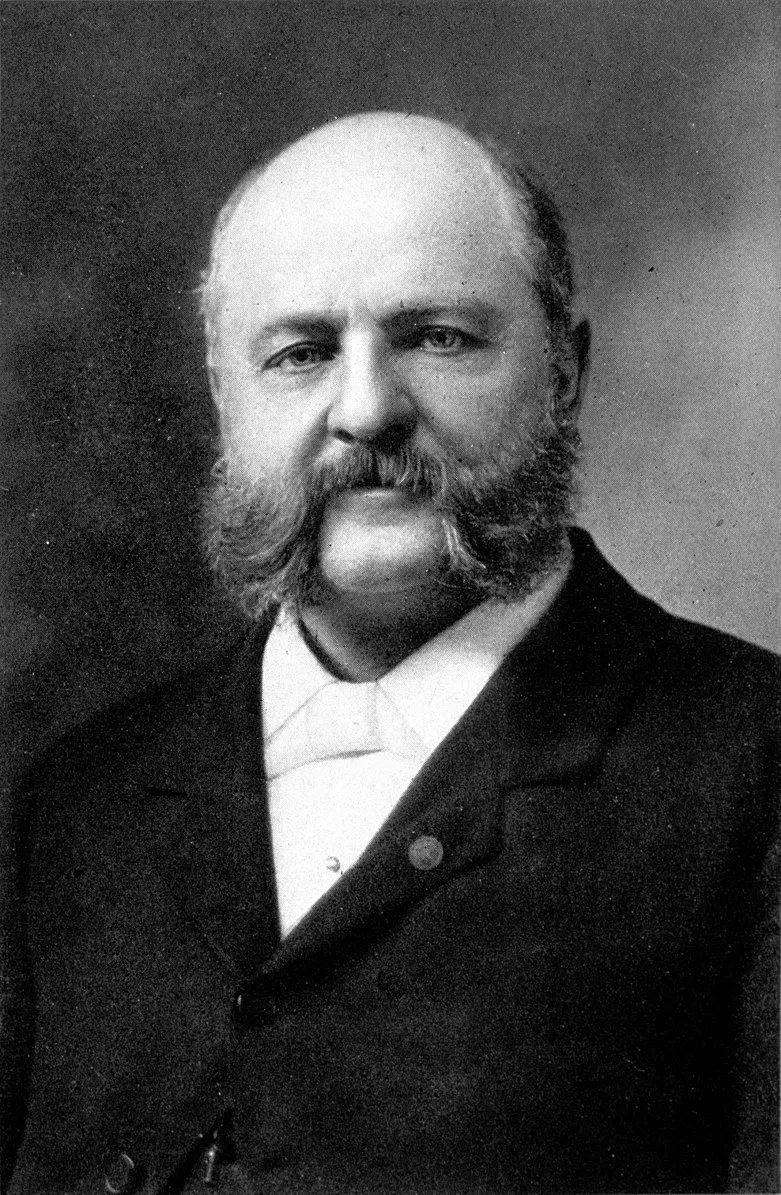
Victoria Woodhull, along with her sister Tennessee Claflin, published a newspaper called Woodhull & Claflin’s Weekly. This publication, established in 1870, was one of the first newspapers in the United States to be published by women. It covered a range of topics including women’s right to vote, political reform, and social issues.
Woodhull decided to expose the affair of preacher Henry Ward Beecher with one of his parishioners, in her newspaper, showcasing the hypocrisy of devout men.
Comstock seized on this opportunity, prosecuting her under existing obscenity statutes, to gain publicity for himself. However, the case against her newspaper failed because the judge held the law didn’t apply to the press. This win proved to be a double-edged sword, and the loss gave Comstock the momentum to push for a more robust obscenity law, which led to the enactment of the Comstock Act a tougher obscenity law, aptly named after him.

Side Note from the Editor
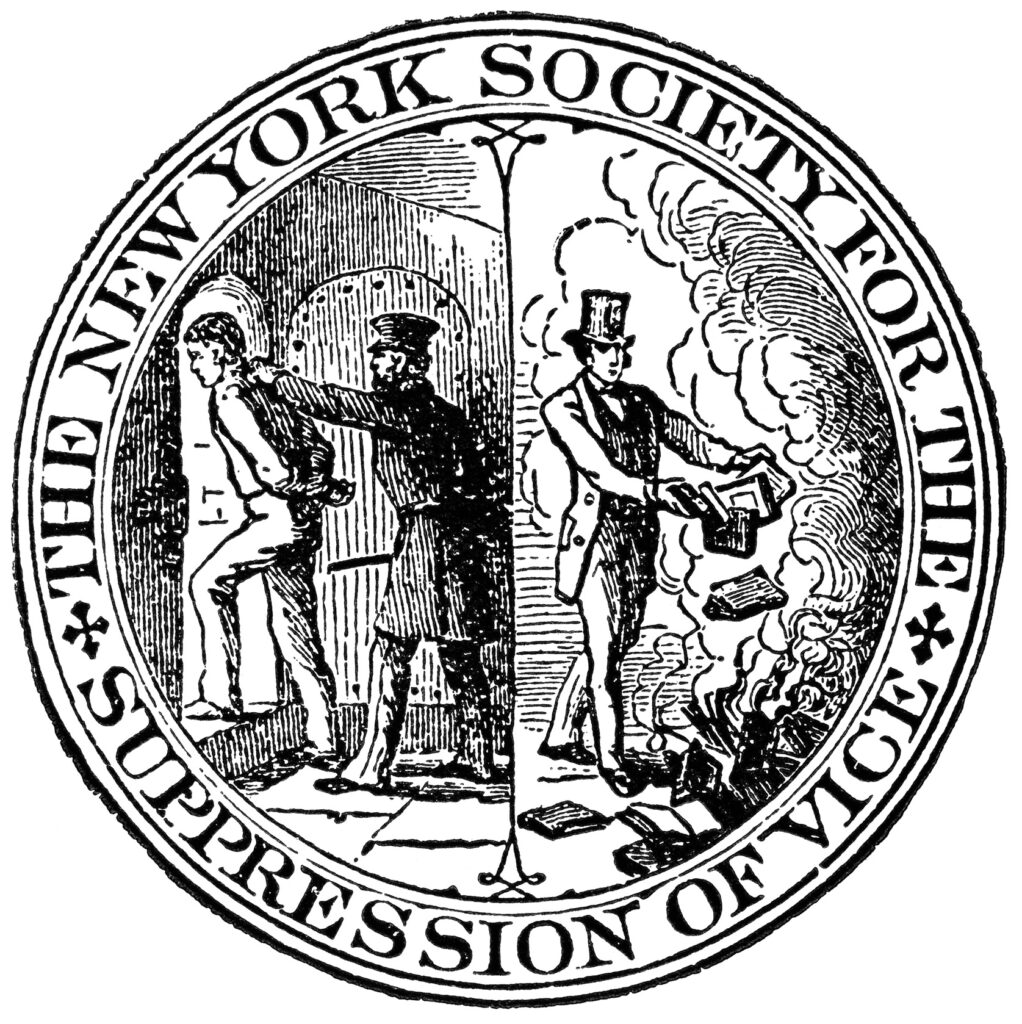
Books on Trial: How the Comstock Act Targeted Literature and Knowledge, Censoring Words, Silencing Minds
Beyond targeting sexual and reproductive content, the Comstock Act was slowly used to police other kinds of speech, books for instance. For example, some of the most famous works of literature such as The Decameron by Giovanni Boccaccio and The Canterbury Tales by Geoffrey Chaucer were banned under the Comstock Act which aimed to suppress the distribution of “obscene” literature, and these classic works were among those deemed inappropriate and banned from being mailed in the United States.
Medical textbooks were also targeted under the Comstock Act because they often contained information about contraception, abortion, and sexual health which were considered “obscene” under the Act. This included educational content that provided knowledge about reproductive health and as a result, medical textbooks that discussed these topics were banned from being mailed, significantly hindering the dissemination of important medical knowledge
Does this remind you of what’s happening in some states today For example, recently, a variety of books have been banned from school libraries in Florida. These include:
- Books with LGBTQ+ themes: Titles that explore LGBTQ+ identities and experiences are frequently targeted.
- Books addressing racial issues: Works that discuss racism, historical injustices, and the experiences of marginalized communities have also been removed.
- Books with sexual content: Texts that contain sexual education or explicit content have been banned.
- Books considered politically controversial: Titles that present viewpoints or historical perspectives that are seen as politically contentious have been targeted. For example, the book “Flamer” by Mike Curato was removed from all school libraries.
In fact, a total of 386 books were removed from school libraries in Florida last year.
Prosecuting the Prosecutors: Echoes of Comstock in Trump’s Legal Battles
Here’s another Interesting reminder from the past for those that say, “these things can’t happen”. Sometimes members of vice-suppression societies, who were supposed to enforce these obscenity laws, would get arrested for merely acknowledging these obscene materials existed when writing their fundraising reports. Merely writing about obscene material was deemed to be obscene itself. The enforcement of the law became chaotic and far-reaching.
This reminds me of Trumps threat to prosecute every lawyer who prosecuted him under State and Federal laws if he becomes President again and the move by Judge Aileen Cannon to dismiss Trumps classified documents case on the basis that the office of Special Counsel is unconstitutional although the role of special counsel in the U.S. has a long history, dating back to the 1800s.
It should be noted, Anthony Comstock did acknowledge a health exemption was inferred in the Comstock Act in 1915, shortly before he died. He said he didn’t want to target doctors protecting patients’ lives, only “quacks.” However, today’s anti-choice movement has interpreted the Act much more literally, resisting even life and health exemptions.
Corruption in the Enforcement of Comstock
What is of most interest to us these days, is to see how in the US, an extreme, loosely defined law could be sold to the people and legislators as an anti-vice law, but once enacted lead to something completely contrary to what main stream society thought it meant.
It got worse because the enforcement of Comstock became corrupted, particularly in the role of anti-vice societies that sprung up in the aftermath of the enactment of the Comstock Act . You could say, a strange public-private partnership evolved with extremist supporters of the act and others who could see financial benefit in supporting it, came into play.
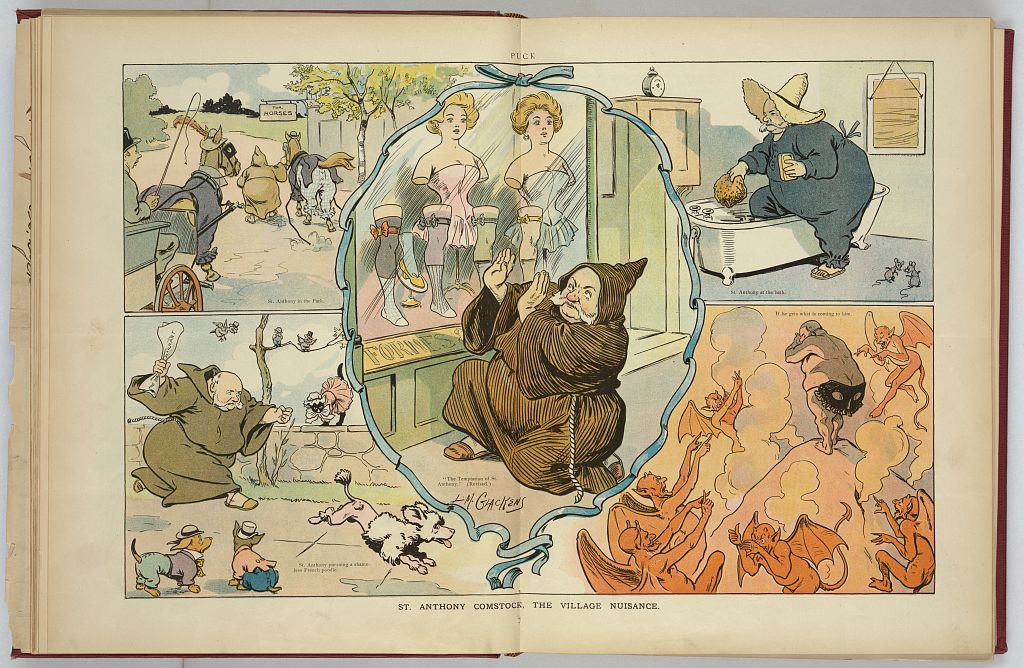
The societies for the suppression of vice were private citizens who worked with people like Anthony Comstock to bait and entrap suspects by posing as family members or even as women seeking contraception or abortion. If the suspect fell for the ploy and agreed to help them, they would arrest them and claim the financial reward being offered. Comstock and others were incentivized to make these arrests because they received a percentage of the fines imposed.
Comstock has figured prominently in the mifepristone litigation, a case concerning medication abortion where one of the arguments was that sending abortion pills through the mail violated the law.
Comstock has been a focus of Project 2025, which has urged enforcement of the law under a potential future Trump administration. While reviving this “zombie” law already seems dystopian, it becomes much worse when you look at its history and how it was enforced.
Resistance to the Comstock Act
However, Comstock was not without its detractors, especially from suffragists and early feminists. Their resistance began almost immediately, and as Comstock prosecutions became more extreme, it provoked mockery and protest.
In 1905, George Bernard Shaw, the renowned playwright, played a major role in moving public opinion against Comstock when he coined the mocking term, Comstockery, to expose its excesses. Shaw created this ridiculing nickname to describe the prudish and censorious attitudes of Anthony Comstock, in response to Comstock’s prudish objection to his play, Mrs. Warren’s Profession.
Comstockery became the battle cry of suffragists and civil libertarians who increasingly argued that the law wasn’t just suppressing sexual freedom, but also political speech, and they used civil disobedience to make their voices heard.
Comstock’s Legacy and the Modern-Day Implications
Taking all the above into account, we have to ask the question, what does the history of Comstockery tell us about the revival of Comstock in today’s legal battles, particularly in the context of Dobbs v. Jackson Women’s Health Organization?

Here I can do no better than to quote Professor Reva Siegel the Nicholas deB. Katzenbach Professor of Law at Yale Law School. Her work primarily focuses on constitutional law, legal history, and issues of law and inequality. She explores how courts interact with representative government and popular movements in interpreting the Constitution.
She said, in a recent podcast called Strict Scrutiny “It is outrageous to read the narrow focus on statutes in the Dobbs decision which rely on a narrow focus of old statutes that were enacted at a time when women and people of color couldn’t participate in the electoral process. This exclusionary narrative ignores the voices of those who were denied participation in shaping our history. The revival of Comstock, which failed to stop progress even in its own time, feels deeply misaligned with the broader history of our constitutional democracy.”
I agree and I hasten to point out that many decisions that have been handed down in the last hundred years that do not support undemocratic processes, or which supported women’s rights to choose the best health care options in their situation were ignored.
I hope this article about a law that should have been stricken out and forgotten long ago but is still on the books has awakened you to the danger that could be revived and given a new life in a future administration that uses Project 2025 as it’s guidebook.
I will give the last word to the Co-host of Strict Security who said “: The current efforts to revive Comstock and apply it to police intimate lives are fundamentally at odds with modern constitutional interpretations, especially regarding free speech and reproductive rights. This history shows just how dangerous it would be to return to the world these revivalists envision”.
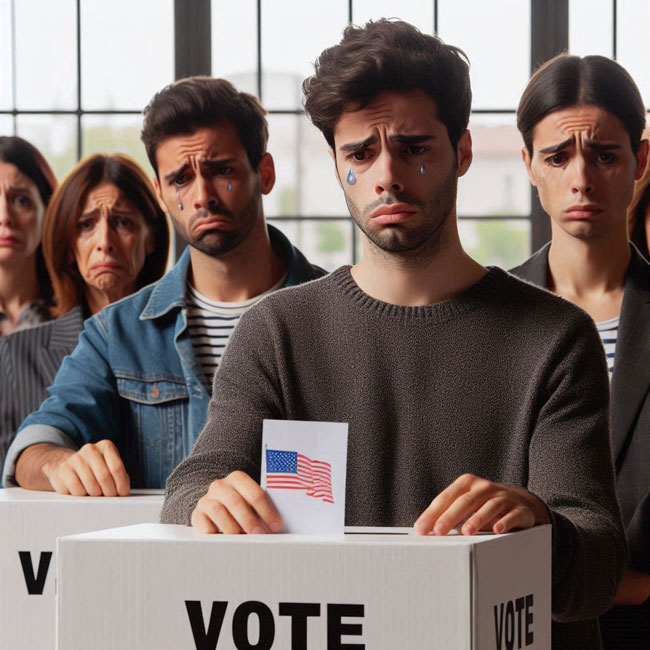

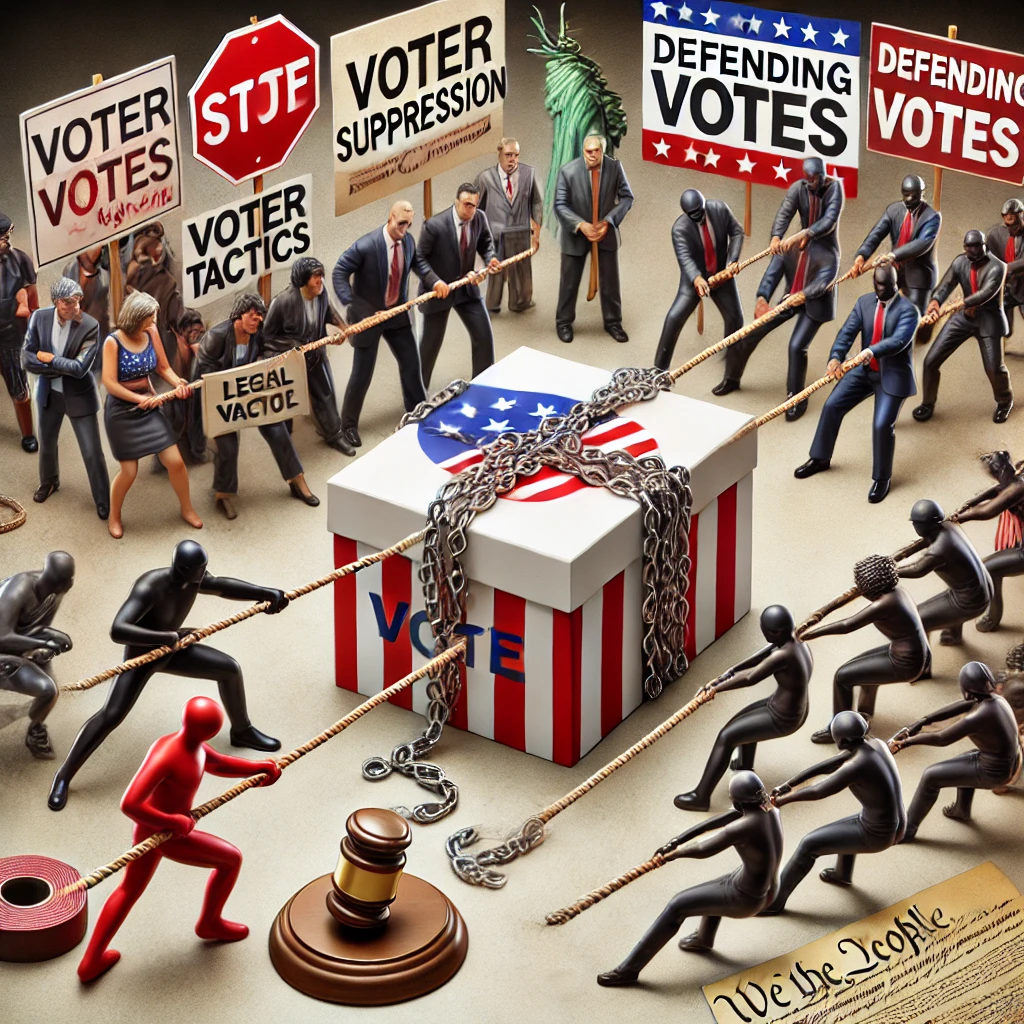

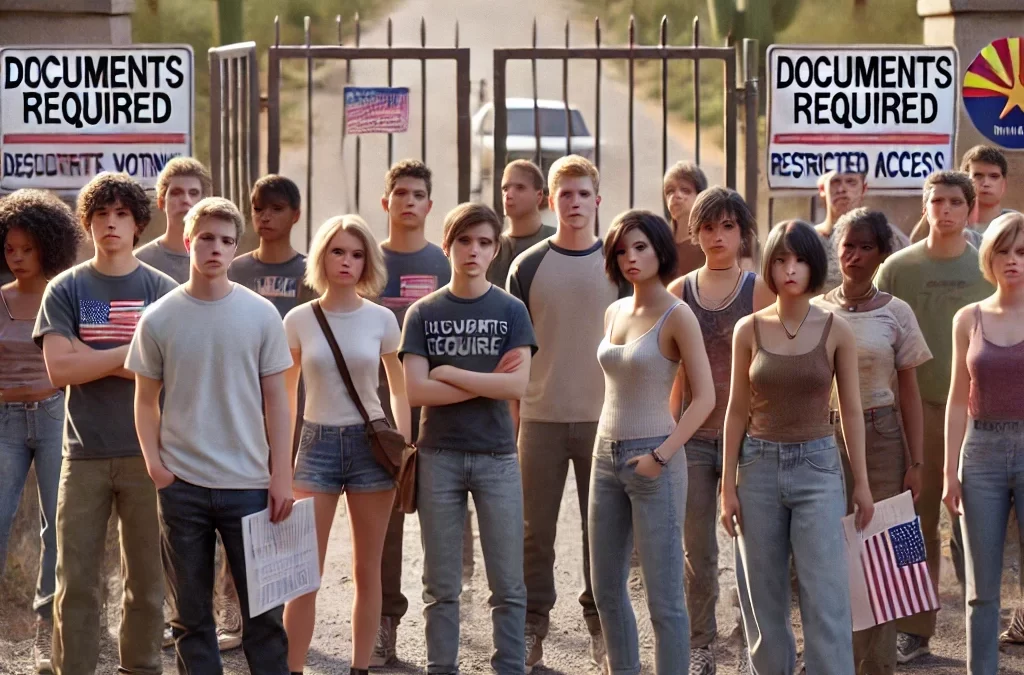
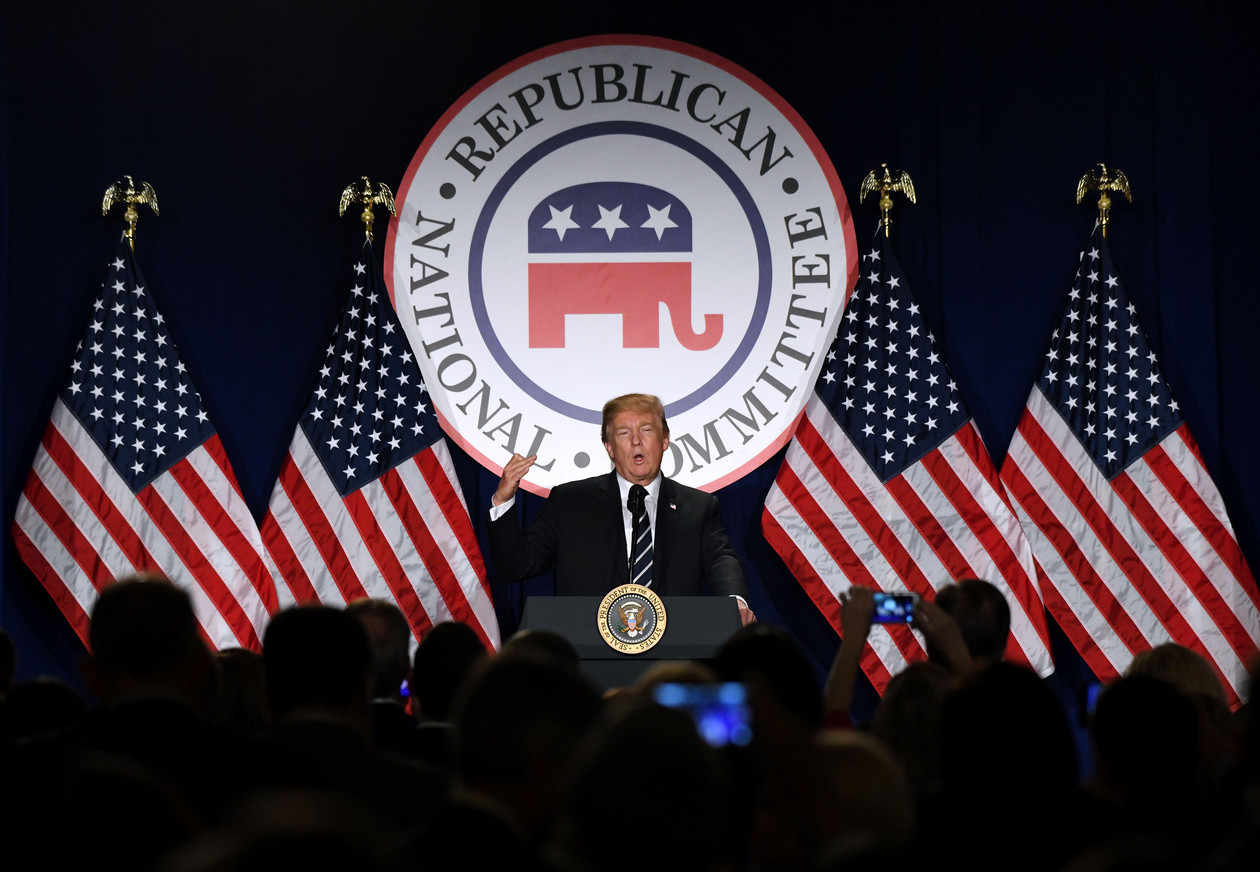
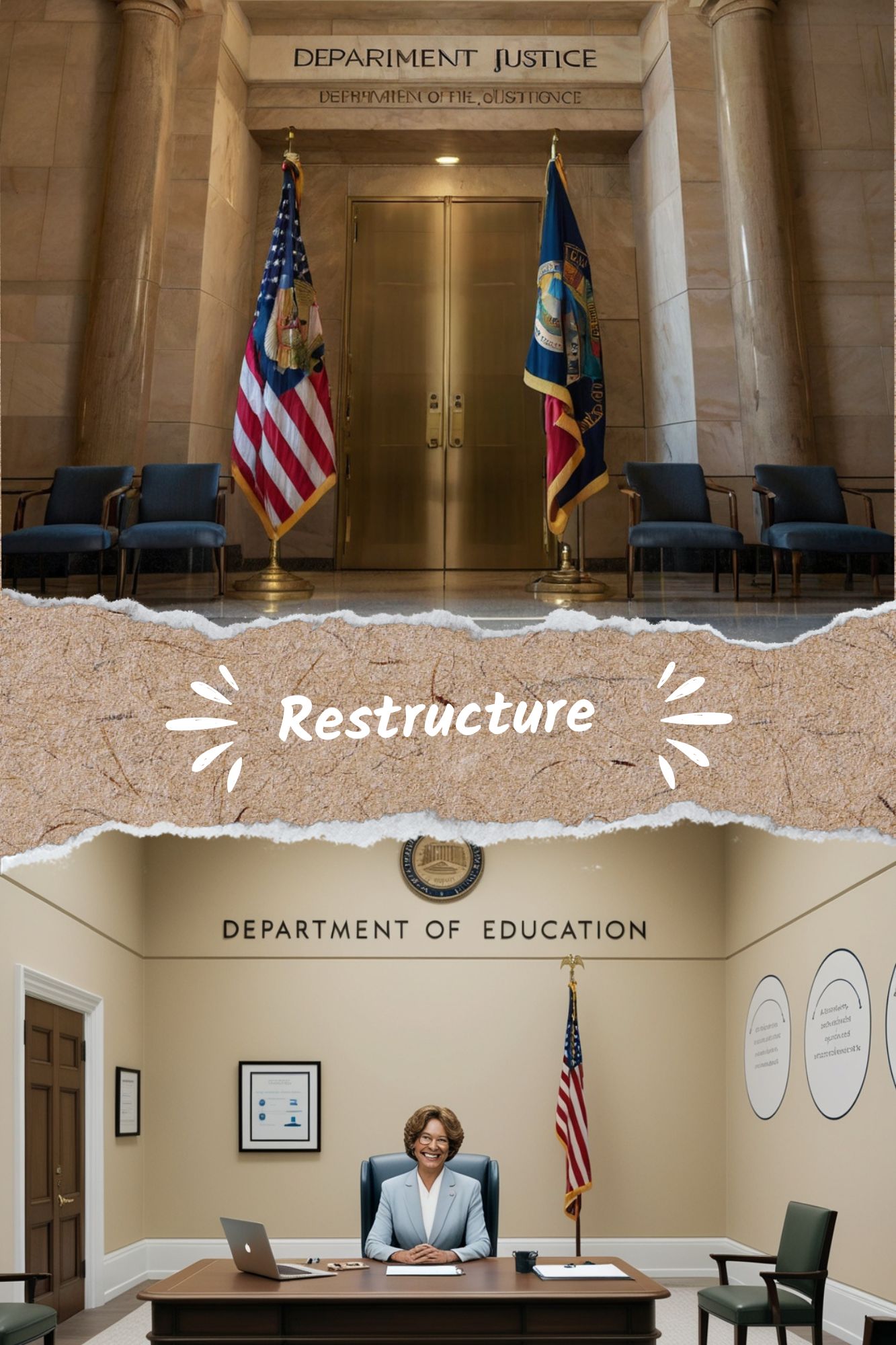
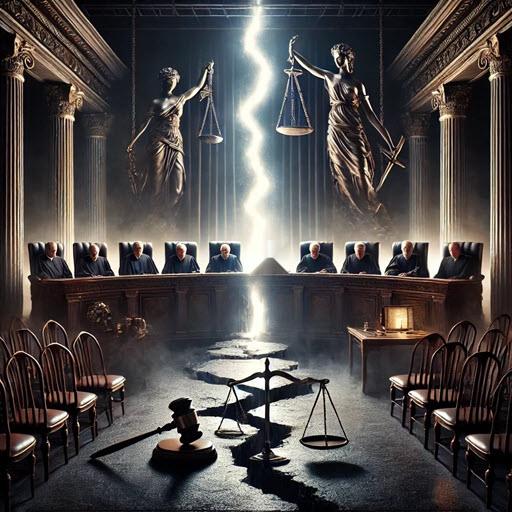




 The implications of the GOP’s 2024 agenda for women’s rights are particularly concerning. The platform proposes measures that would roll back hard-won rights and freedoms, including access to healthcare and reproductive rights. The GOP’s stance on issues such as abortion, no-fault divorce, and women’s healthcare is seen by many as a direct attack on the progress that has been made over the past several decades.
The implications of the GOP’s 2024 agenda for women’s rights are particularly concerning. The platform proposes measures that would roll back hard-won rights and freedoms, including access to healthcare and reproductive rights. The GOP’s stance on issues such as abortion, no-fault divorce, and women’s healthcare is seen by many as a direct attack on the progress that has been made over the past several decades.